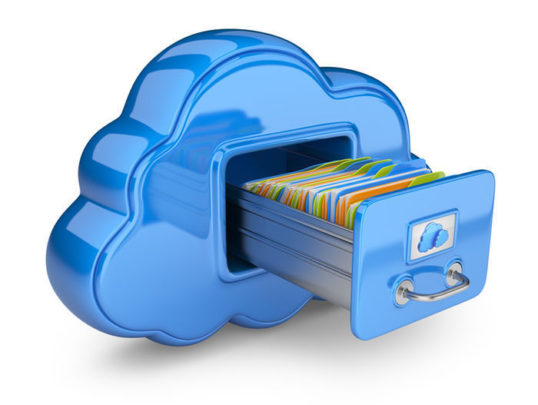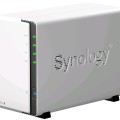Data is getting increasingly bigger and, while this allows us to analyze data more effectively, it’s also putting a major strain on our storage.
And that’s why so many organizations are looking to improve their storage options. After all, data is crucial for your organization to operate and remain competitive e.g. storing customer details and monitoring their purchasing history etc. Naturally, data storage has become a huge industry, so the options available for storing data have multiplied significantly.
Understanding which option is best for you, however, isn’t always straightforward. Therefore, to help you get started, we’re going to take a look at the best data storage options for your organization.
- Network Attached Storage
Network attached storage (NAS) allows large amounts of data to be stored in a central point which can be easily shared across an entire network. The most common form of NAS is an external hard drive which comes complete with Ethernet ports or built in WiFi. These devices can easily be integrated into your network and, with capacities now exceeding 4TB, can store huge amounts of data.
- Cloud Storage
Cloud storage is the new kid on the block when it comes to data storage and is being readily adopted by organizations. With cloud networks managed by third parties and all hardware being kept in central hub offsite, cloud storage allows your organization to save physical space while providing quick access to your data. An added bonus of cloud storage is that it provides amazing accessibility when it comes to accessing your data. Not only can your in-house staff access data immediately, but remote workers can log on to the cloud network from anywhere with an internet connection.
Accessibility is vital when it comes to sharing data, so many online services have sprung up which allow you to store and share data securely. Services such as Google Drive, Dropbox and Microsoft Drive grant you a set amount of space online to upload data and provide sharing links to colleagues and clients. While the initial (and free) storage space is limited, it provides a useful option for storing small sets of data online which take the strain off your internal storage capacities.
- Direct Attached Storage
Direct Attached Storage (DAS) devices are, as their name suggests, a form of storage which attaches directly to a computer. The most well-known forms of DAS are external hard drives and thumb drives. Capable of holding large amounts of data, DAS devices provide a useful storage option for new businesses that are looking to minimize storage costs, but not run out of space for their data.
- Offline Storage
Data is certainly getting bigger, but one of the oldest forms of data storage still has a place in modern business. Offline storage has been around for decades and involves using optical discs such as CDs and Blu-Rays to archive important data. And, although the data is not immediately available as it is with more modern storage options, offline storage is incredibly secure while also being available in the case of a network failure.
For more ways to secure and optimize your business technology, contact your local IT professionals.








